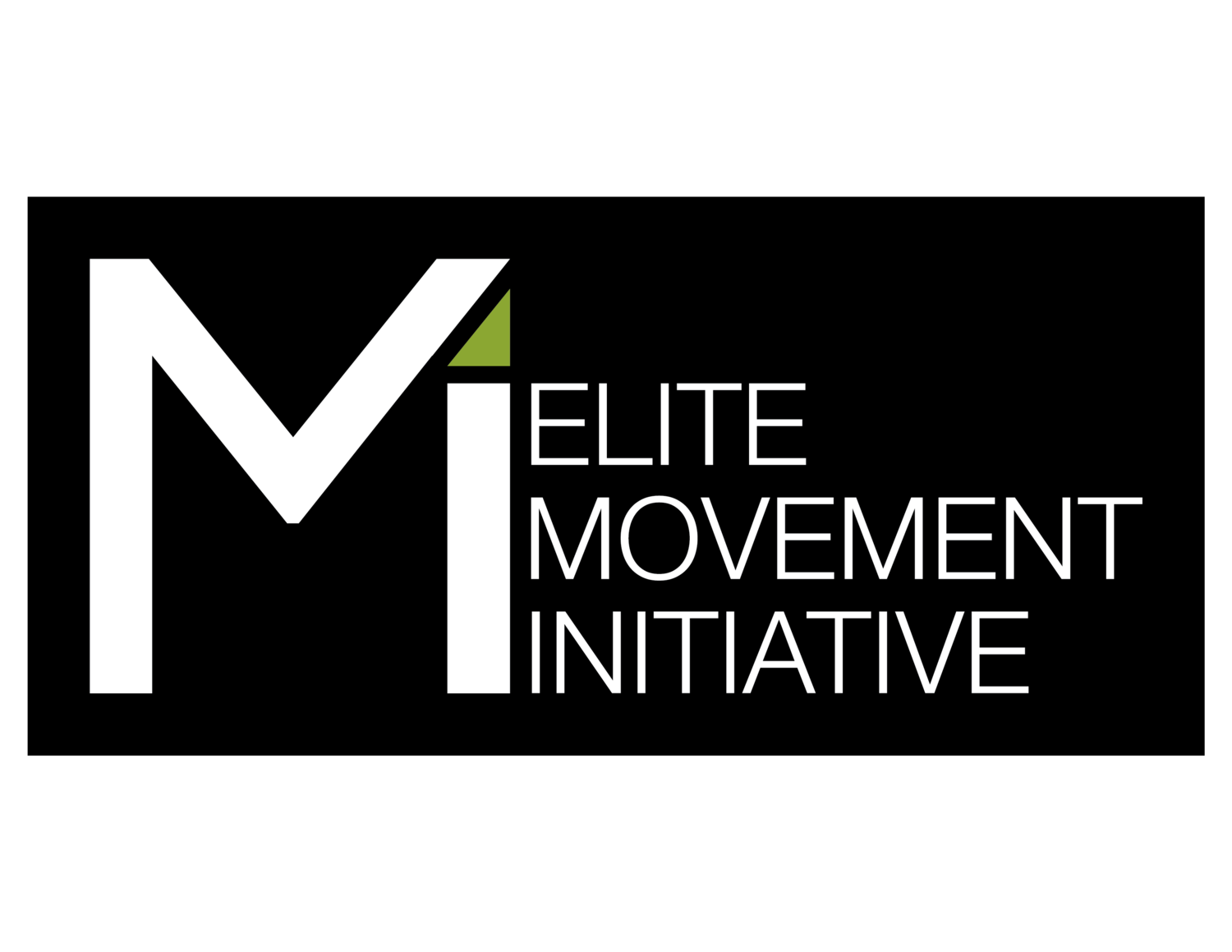Busting Physical Therapy Myths
Separating Fact from Fiction
As a physical therapist, I've heard my fair share of myths and misconceptions about the world of healthcare and rehabilitation. Today, I'm here to set the record straight and debunk some common myths related to physical therapy. So, let's dive in and separate fact from fiction!
Myth 1: "No Pain, No Gain"
You might have heard this one before – the idea that you need to push through pain to make progress in physical therapy. But here's the truth: pain is not always a sign of progress. In fact, pushing through pain can sometimes do more harm than good, leading to further injury or setbacks in your recovery. A skilled physical therapist will work with you to find the right balance between challenging your body and avoiding unnecessary discomfort.
Myth 2: "Cracking Your Knuckles or Knees Causes Damage"
Have you ever been told that cracking your knuckles or knees will lead to arthritis or other joint problems? Fear not – cracking your joints is usually harmless. When you crack your knuckles or knees, you're simply releasing gas bubbles from the synovial fluid that lubricates your joints. It's like giving your joints a little massage! However, if cracking your joints is accompanied by stiffness, pain, or swelling, it's a good idea to consult with a healthcare professional to rule out any underlying issues.
Myth 3: "Physical Therapy is Only for Injuries"
While physical therapy is certainly effective for treating injuries, its benefits extend far beyond just rehabilitating injuries. Physical Therapists are experts in movement and function, which means they can help with a wide range of conditions, including chronic pain, postural problems, balance issues, and even stress management.
Physical Therapists also work with babies and children with developmental conditions, so for those cases we arent treating an injury, we are working with the kids to help them catch up to their physical milestones so they can play and interact with children their age.
So, whether you're recovering from a sports injury or looking to improve your overall health and well-being, physical therapy has something to offer for everyone.
Myth 4: "You Need a Referral to See a Physical Therapist"
Contrary to popular belief, you don't always need a referral from a doctor to see a physical therapist. In many states, including New York, you have direct access to physical therapy services, meaning you can schedule an appointment with a physical therapist without a referral. Of course, there are some exceptions, such as if you're using health insurance or Medicare, so it's always a good idea to check with your insurance provider or primary care physician to see if a referral is necessary.
Myth 5: "Physical Therapy is Just Exercise"
While exercise is certainly a big part of physical therapy, it's not the only tool in the toolbox. Physical therapists use a variety of techniques and modalities to help their patients recover from injuries and improve their overall function. This may include manual therapy techniques such as massage and joint mobilization, as well as modalities like ultrasound or electrical stimulation. Additionally, physical therapists provide education and guidance on proper body mechanics, ergonomics, and injury prevention strategies to help you stay healthy and active for the long haul.
Myth 6: "Physical Therapy Takes Forever"
While every patient's journey is unique, physical therapy is typically not a lifelong commitment. In many cases, patients experience significant improvements in function and pain relief within just a few weeks or months of starting physical therapy. Of course, the duration of treatment depends on factors such as the severity of the injury, your overall health, and your commitment to your home exercise program. But rest assured, your physical therapist will work with you to develop a treatment plan that's tailored to your needs and goals, so you can get back to doing the things you love as quickly as possible.
If you have any questions or concerns about physical therapy, don't hesitate to reach out to a qualified healthcare professional for guidance and support.
Remember, knowledge is power – so keep asking questions and seeking out reliable information to help you make informed decisions about your health and wellness journey!
